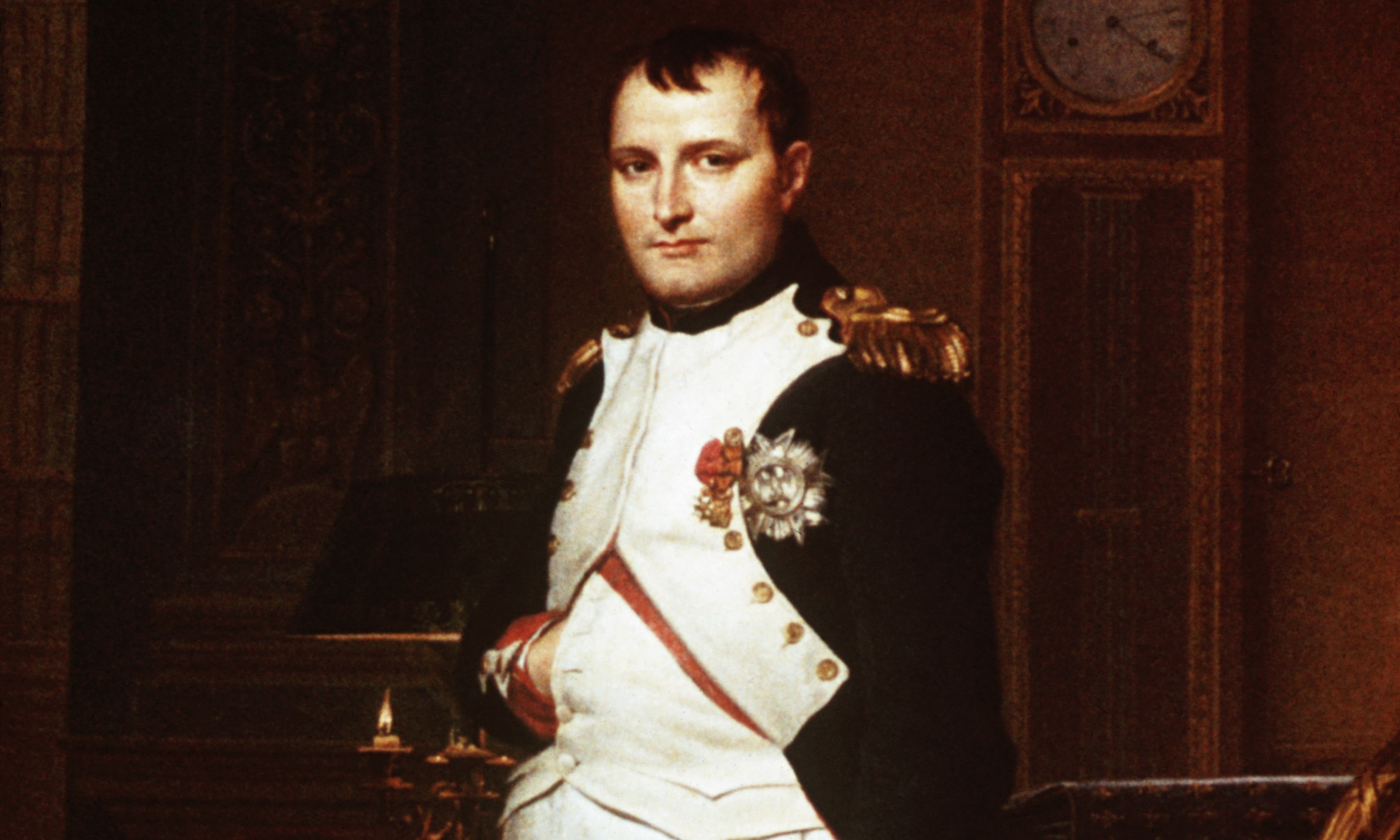

He has walked fifty-three of Napoleon's sixty battlefields, and has absorbed the gigantic new French edition of Napoleon's letters, which allows a complete re-evaluation of this exceptional man. The impossibility of defeating his most persistent enemy, Great Britain, led him to make draining and ultimately fatal expeditions into Spain and Russia, where 750,000 Frenchmen were killed or wounded and his empire began to unravel.Īndrew Roberts conveys Napoleon's tremendous energy, both physical and intellectual, and the attractiveness of his personality, even to his enemies.



In a series of dazzling battles he reinvented the art of warfare in peace, he completely remade the laws of France, modernized her systems of education and administration, and presided over a flourishing of the beautiful ‘Empire style' in the arts. After seizing power in a coup d'état he ended the corruption and incompetence into which the Revolution had descended. In the space of just twenty years, from October 1795 when as a young artillery captain he cleared the streets of Paris of insurrectionists, to his final defeat at the (horribly mismanaged) battle of Waterloo in June 1815, Napoleon transformed France and Europe. Wellington in turn amassed a series of Napoleonic trophies of his great victory, even sleeping with two of the Emperor’s mistresses.“Napoleon Bonaparte was one of the most extraordinary men who ever lived. Although Wellington saved Napoleon from execution after Waterloo, Napoleon left money in his will to the man who had tried to assassinate Wellington. In contrast, Wellington publicly lauded Napoleon, saying that his presence on a battlefield was worth forty thousand men, but privately wrote long memoranda lambasting Napoleon’s campaigning techniques. Napoleon, who was born in the same year as Wellington – 1769 – fought Wellington by proxy years earlier in the Peninsula War, praising his ruthlessness in private while publicly deriding him as a mere ‘sepoy general’. Forever afterwards historians have accused him of gross overconfidence, and massively underestimating the calibre of the British commander opposed to him.Īndrew Roberts presents an original, highly revisionist view of the relationship between the two greatest captains of their age. On the morning of the battle of Waterloo, the Emperor Napoleon declared that the Duke of Wellington was a bad general, the British were bad soldiers and that France could not fail to win an easy victory. ‘Thoroughly enjoyable, beautifully written and meticulously researched’ Observer A dual biography of the greatest opposing generals of their age who ultimately became fixated on one another, by a bestselling historian.


 0 kommentar(er)
0 kommentar(er)
